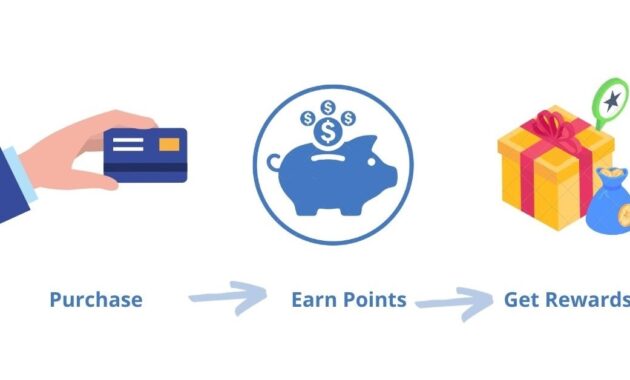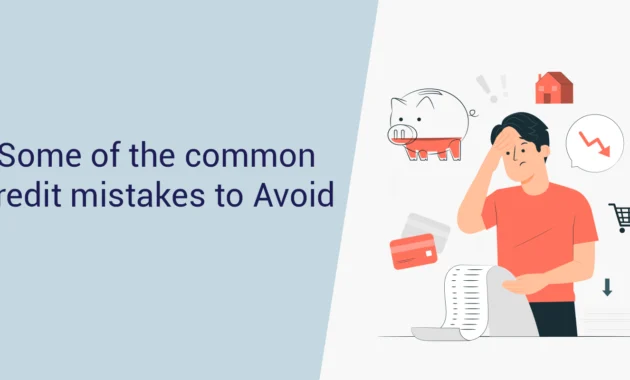Credit card rewards can be an excellent way to earn travel perks, cashback, or points for your everyday purchases. But if used incorrectly, you could end up losing money instead of gaining value. Many people make common mistakes when trying to chase rewards, and these errors can quickly negate the benefits of even the best credit card reward programs. In this guide, we’ll break down the most common mistakes to avoid when using credit card rewards and provide tips for maximizing your earnings.
Understanding Credit Card Rewards
What Are Credit Card Rewards?

Credit card rewards are incentives offered by credit card issuers to encourage spending. These rewards typically come in the form of:
- Cashback
- Travel miles
- Points redeemable for merchandise or gift cards
Depending on the card, rewards can be earned on all purchases or specific categories such as groceries, gas, dining, or travel.
Types of Credit Card Rewards Programs
- Cashback Rewards: A percentage of your spending is returned to you as cash.
- Travel Rewards: Points or miles that can be redeemed for flights, hotels, and other travel-related expenses.
- Flexible Points Programs: Points that can be transferred to airline or hotel partners, or redeemed in multiple ways.
Common Mistakes to Avoid With Credit Card Rewards

Overspending to Earn Rewards
The Problem
One of the most common traps people fall into is spending more than they normally would just to earn more points or qualify for a welcome bonus.
The Fix
Stick to your budget. Rewards are only valuable when earned through spending you were already going to do. Overspending just to reach a reward tier defeats the purpose.
Ignoring Interest Rates
The Problem
Some users carry a balance month to month, paying interest charges that outweigh the value of the rewards earned.
The Fix
Always pay your balance in full to avoid interest. Rewards are only profitable if you’re not paying high interest on your purchases.
Not Reading the Fine Print
The Problem
Each credit card comes with specific terms and conditions that may include blackout dates, expiration policies, spending requirements, and restrictions on how and where you can earn rewards.
The Fix
Read the full card agreement and rewards program rules before signing up. Knowing the terms helps you avoid surprise fees or missed redemptions.
Missing Sign-Up Bonuses
The Problem
Sign-up bonuses are among the most lucrative rewards. But many people fail to meet the minimum spending requirements in time and miss out.
The Fix
Plan your spending carefully in the first 3–6 months. Use the card for regular purchases like groceries, bills, and gas to reach the threshold.
Letting Rewards Expire
The Problem
Points or miles can expire if they’re not used within a certain time period or if the account remains inactive.
The Fix
Track your rewards and redemption deadlines using mobile apps or spreadsheets. Some programs offer ways to keep points alive with small activities like making a purchase or transferring points.
Redeeming Rewards for Low Value
The Problem
Not all redemption methods offer equal value. For example, redeeming points for gift cards or merchandise often gives less value per point than using them for travel.
The Fix
Compare redemption values. If you have a travel rewards card, you’ll usually get the best value by redeeming for flights or transferring points to airline partners.
Not Matching the Card to Your Spending Habits
The Problem
Choosing a card that doesn’t align with your lifestyle means you earn fewer rewards or miss out on category bonuses.
The Fix
If you spend heavily on groceries and gas, look for cards that reward those categories. Frequent travelers should consider travel cards with lounge access, baggage credits, or airline miles.
Holding Too Many Reward Cards
The Problem
Having multiple cards can lead to confusion, missed due dates, and difficulty maximizing category bonuses or tracking points.
The Fix
Limit yourself to two or three cards that cover a broad range of categories. Use apps or spreadsheets to keep track of billing cycles, benefits, and expiration dates.
Not Using Rewards Strategically
The Problem
Using rewards impulsively on low-value redemptions can be a missed opportunity, especially if you save them for years without a goal.
The Fix
Have a redemption strategy. Whether it’s booking a specific flight or earning enough cashback for holiday shopping, having a goal can help you make the most of your rewards.
Overlooking Annual Fees
The Problem
Premium credit cards often charge high annual fees that may not be worth it if you’re not using all the card’s benefits.
The Fix
Before applying, calculate the potential rewards and perks you’ll earn annually. If they outweigh the fee, the card is likely worth keeping. If not, consider downgrading to a no-fee version.
How to Maximize Your Credit Card Rewards

Choose the Right Card for You
Pick a card based on where you spend most—groceries, gas, dining, or travel. Use comparison tools to evaluate reward rates, sign-up bonuses, and fees.
Combine Reward Programs
Some credit card issuers allow you to pool or transfer points between cards or family members, increasing redemption options and flexibility.
Use Bonus Categories Strategically
Use specific cards for purchases in bonus categories. For example, use one card for dining and another for groceries if they offer separate rewards boosts.
Track Your Rewards
Keep a spreadsheet or use a mobile app to monitor earned points, bonus deadlines, and upcoming expiration dates.
Don’t Forget Perks and Benefits
In addition to rewards, many cards offer perks like extended warranties, travel insurance, purchase protection, and concierge services—use them when possible.
Who Should Use Reward Credit Cards?
Frequent Shoppers
People who use credit cards for everyday spending and pay off balances monthly are ideal candidates for maximizing rewards.
Responsible Credit Users
If you’re disciplined with your budget and don’t carry balances, reward cards can be a powerful tool for earning extra value.
Frequent Travelers
Travel rewards cards are perfect for those who fly often, book hotels regularly, and want perks like airport lounge access and free checked bags.
Who Should Avoid Reward Credit Cards?
- Individuals with a history of credit card debt
- People who struggle to manage multiple cards
- Users who prefer using cash or debit
- Those with poor or fair credit scores
Also Read : Unlocking The Secrets: How To Choose The Best Credit Card For Your Lifestyle
Conclusion
Credit card rewards can be incredibly beneficial if used wisely. However, making common mistakes like overspending, ignoring interest, or missing sign-up bonuses can quickly turn a potentially profitable program into a financial pitfall. To make the most of your credit card rewards, understand your card’s rules, use it strategically, pay off your balance monthly, and choose the right card for your lifestyle. Avoiding these common mistakes ensures you earn rewards that truly work in your favor—without hurting your finances.
FAQs
Are credit card rewards really worth it?
Yes, if you use your card responsibly and pay off your balance in full, credit card rewards can offer significant value in the form of cashback, travel perks, and more.
Do credit card rewards affect your credit score?
Not directly. However, your credit utilization, payment history, and number of accounts can impact your credit score. Opening multiple cards for rewards can affect your score temporarily.
Can I use credit card rewards to pay my bill?
Some issuers allow this, but the value per point may be lower than other redemption options like travel or cashback.
How can I avoid credit card interest?
Pay your full statement balance by the due date each month to avoid paying interest.
Is it bad to have multiple rewards cards?
Not necessarily, but it’s important to manage them properly. Track each card’s due date, rewards structure, and terms to avoid missed payments or confusion.




